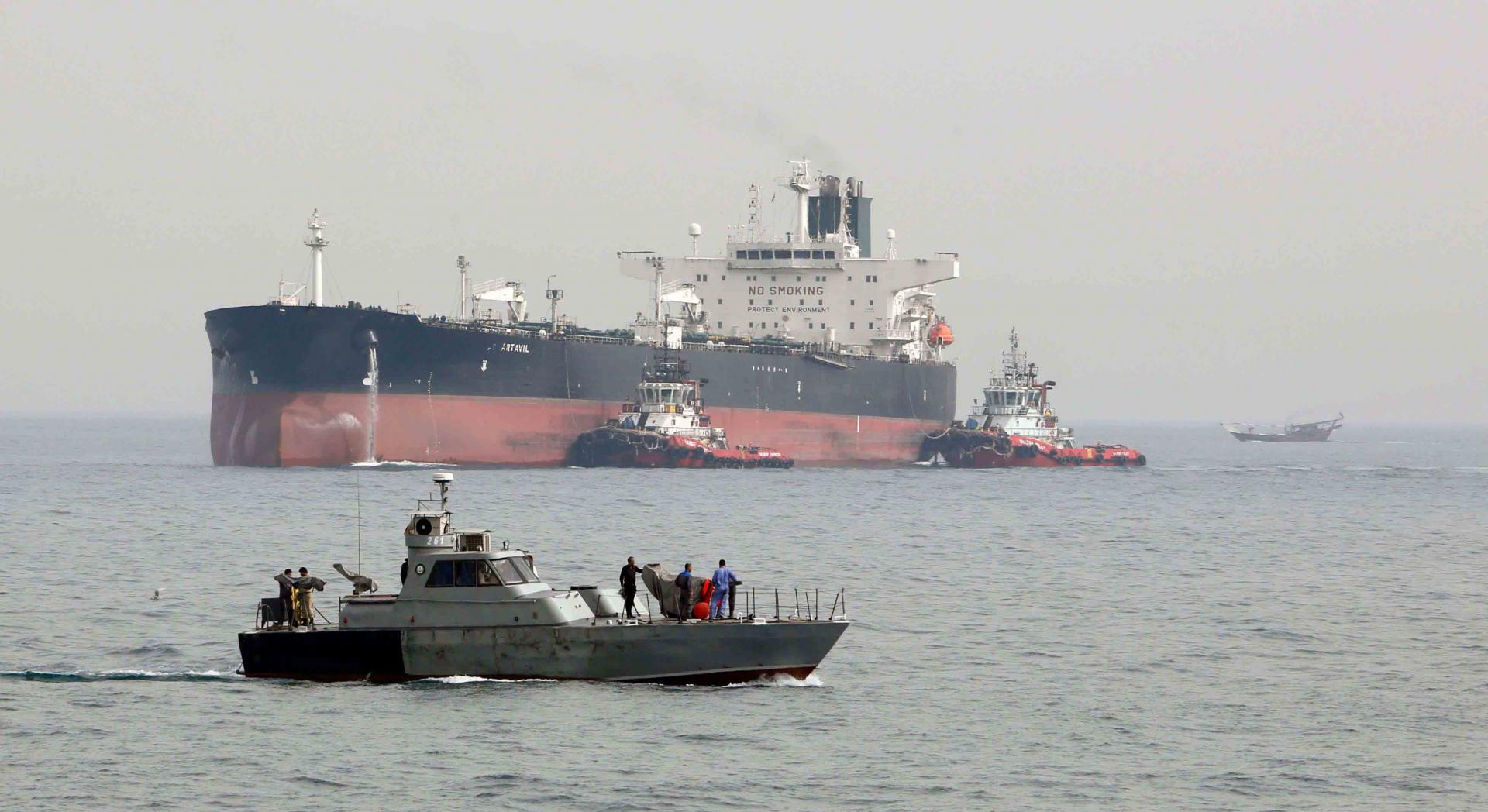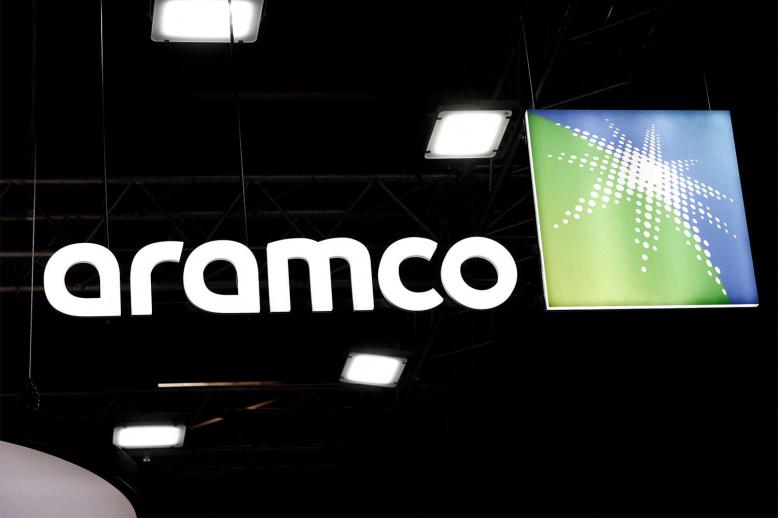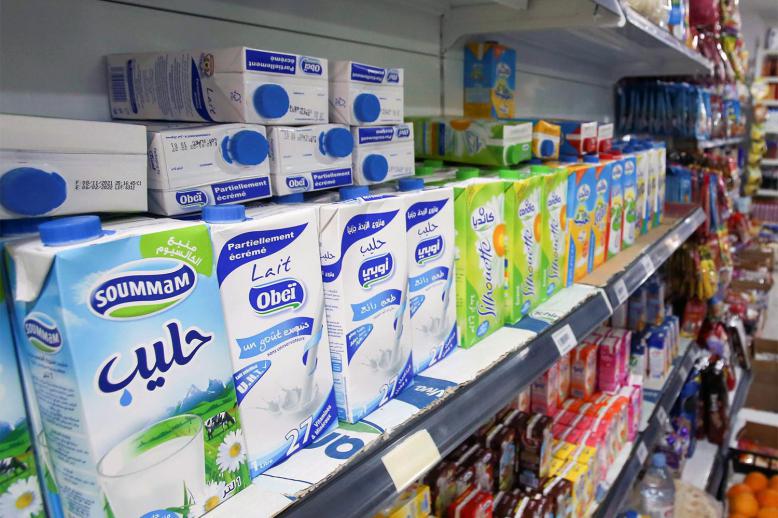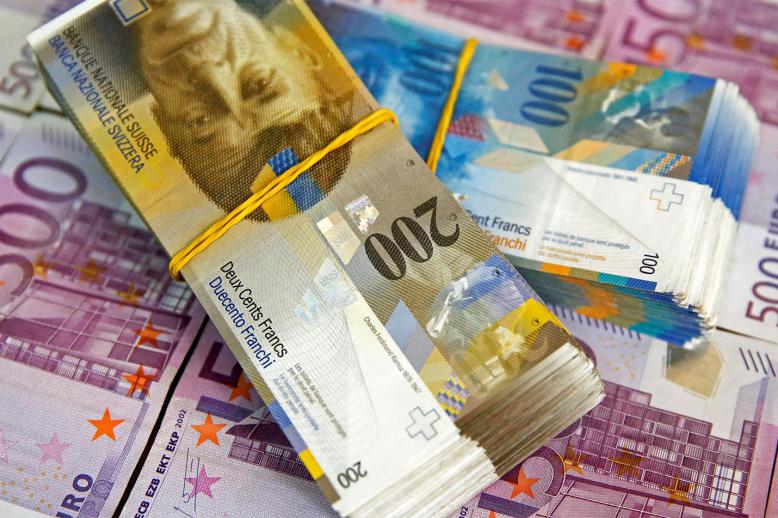Will Trump remove waivers from oil sanctions against Iran?
WASHINGTON -The Trump administration may be talking tough about reducing Iranian crude exports to “zero” through its imposed sanctions on Tehran but oil prices are expected to heavily influence what Washington does when waivers granted to eight countries for importing Iranian crude expire in May.
Given US President Donald Trump’s conviction that high oil prices are a political detriment domestically, his administration could maintain some — if not a majority — of the eight significant reduction exceptions (SREs) for another six months beginning in May.
Brian Hook, the Trump administration’s special representative for Iran, has been adamant that Washington is not planning to extend the SREs. During an interview with Japanese public broadcaster NHK on February 6, Hook stated: “We are not looking to grant any future waivers or exceptions to our sanctions regime, whether its oil or anything else.”
Hook expressed the same sentiment at an energy forum January 12 in Abu Dhabi, though he intimated that the state of the oil markets would factor into Washington’s decision-making.
He noted that renewed sanctions were meant to maximise economic pressure on Tehran to force it into negotiations on a new nuclear deal. “On the energy side, we have been very successful and there are going to be much deeper reductions of Iranian imports… Our goal is to get to zero as fast as possible,” Hook said.
The Trump administration evaluated market conditions in granting the 180-day waivers when sanctions were imposed November 5. “So we had very carefully calibrated the balancing of our national security goals and our economic interests,” Hook said. “The president was very clear that he did not want to cause a spike in oil, and so we granted eight oil exceptions — significant reduction exceptions.”
When asked whether the United States would extend the SREs, Hook responded: “All I can say is that we believe that… when we have a better-supplied oil market, then that puts us in a much better climate to accelerate the path to zero.”
The Trump administration allocated SREs to China, India, South Korea, Taiwan, Japan, Turkey, Italy and Greece, conditional on “promising to reduce their dependence on Iranian crude.” Iran’s top crude buyer, China, for example, was expected to halve its normal purchases of Iranian oil to about 360,000 barrels per day (bpd), while second largest buyer India was similarly pressed to reduce its Iranian imports to around 300,000 bpd from typical volumes of 450,000-550,000 bpd.
Industry estimates suggest that Iran’s crude exports have tumbled to 1 million-1.3 million bpd from pre-sanctions’ levels of 2.6 million-2.7 million bpd.
The introduction of the SREs has not been without hiccups for Tehran. China and India were uninterrupted in receiving Iranian oil in November, while Turkey resumed Iranian oil imports in December. However, South Korea only began accepting Iranian condensate in late January, after halting imports from Tehran in September. After tackling tanker insurance and banking issues, Japanese firms also resumed buying Iranian crude in late January.
Taiwan, an occasional purchaser of Iranian oil, has declined to use its SRE. Iranian Oil Minister Bijan Zanganeh blasted the two remaining countries that were issued waivers but stopped doing oil business with Tehran. Zanganeh said on February 4 that “Greece and Italy have been granted exemptions by America but they don’t buy Iranian oil and they don’t answer our questions.”
The decision to grant SREs in November caught oil markets off guard. Saudi Arabia and others had boosted their oil exports while US production was reaching record highs to make up for an anticipated drop in Iranian crude deliveries. Oil prices, however, crashed and Saudi Arabia led an OPEC campaign with independent producer allies to reduce output to drive up prices.
Originally on board with Trump’s goal of keeping a lid on oil prices before the sanctions were re-introduced, Riyadh decided that its own budget needs should take priority over the American leader’s desire to placate his political base.
Riyadh is eyeing oil prices as high as $80-$85 a barrel to fund its spending plans. With international crude prices averaging $50-$60 a barrel amid soft global demand and high US oil production, Saudi Arabia is taking additional corrective action, announcing it would reduce its oil output by another 500,000 bpd in March.
Many factors can alter oil markets in the next several months as the Trump administration considers a second round of waiver extensions. Italy, Greece and Taiwan have taken themselves out of the equation. Therefore, Washington may decide to roll over the SREs for the remaining five countries with demands of steeper import cuts to November as a guarantee that oil prices won’t overheat.
Jareer Elass is a Washington-based energy analyst, with 25 years of industry experience and a particular focus on the Arabian Gulf producers and OPEC.
This article was originally published in The Arab Weekly.






